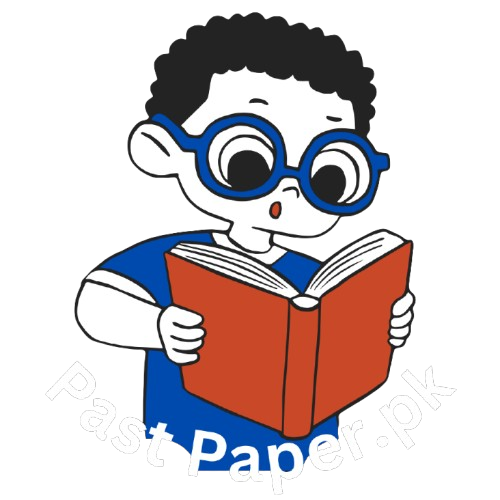CSS European History Past Paper 2015
Paper-I
PART-2(Subjective) 80 Marks
Attempt ONLY FOUR questions from PART-II. (20×4)
PART-II
Q. No. 2. Explain how the conquest and policy of Napoleon I influenced the course of European history during the Nineteenth century.
Q. No. 3. “The Congress of Vienna was a congress of aristocrats, to whom the ideas of nationality and democracy as proclaimed by the French Revolution were incomprehensible or loathsome. The rulers re-arranged Europe according to their own desires, disposing of it as if it were their own property” (C.D. Hazen). Critically examine the work of the Congress of Vienna.
Q. No. 4. “The Eastern Question entered upon a new and startling phase in 1908”. Discuss this phase from 1908 to 1914.
Q. No. 5. What is Nihilism? Trace the rise and course of development of Nihilism in Russia.
Q. No. 6. Bismarck dominated European politics from 1870-1890. Explain.
Q. No. 7. Give some account of the new political theories which became prominent in Europe during the later half of the nineteenth century.
Q. No. 8. Write notes on any TWO of the following:
(a) The Reign of Terror
(b) Kossuth
(c) Hetaireia Philike
Paper-II
PART-2(Subjective) 80 Marks
Attempt ONLY FOUR questions from PART-II. (20×4)
PART-II
Q. No. 2. Discuss and analyse the reasons for the defeat of Germany and her allies in the First World War.
Q. No. 3. Describe the organization of the League of Nations. Why did it fail to maintain international peace?
Q. No. 4. Elaborate the achievements of communism in Russia between the two World Wars. How far did it fulfill the aims and hopes of those who made the Bolshevik Revolution of 1917?
Q. No. 5. Analyse the circumstances in which Mussolini came to power and what did Italy achieve between 1922 to 1935?
Q. No. 6. Outline the life and career of Hitler. Why was Hitler appointed German Chancellor in January 1933?
Q. No. 7. Why did the European War of 1939 become the World War of 1941? Explain comprehensively.
Q. No. 8. Account for the rapid spread of communism in Eastern Europe after the Second World War. What were its political and economic implications on Eastern Europe?
